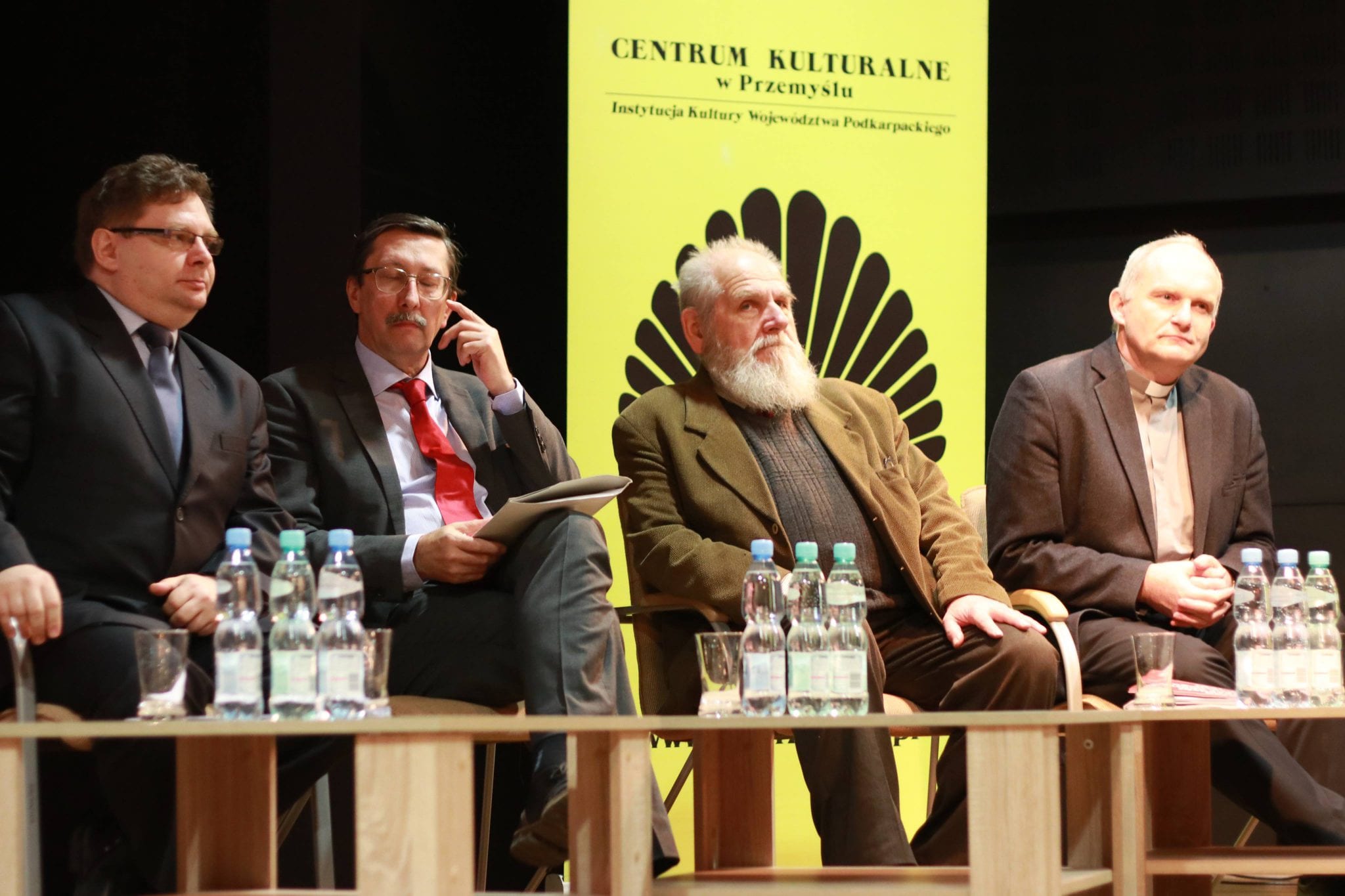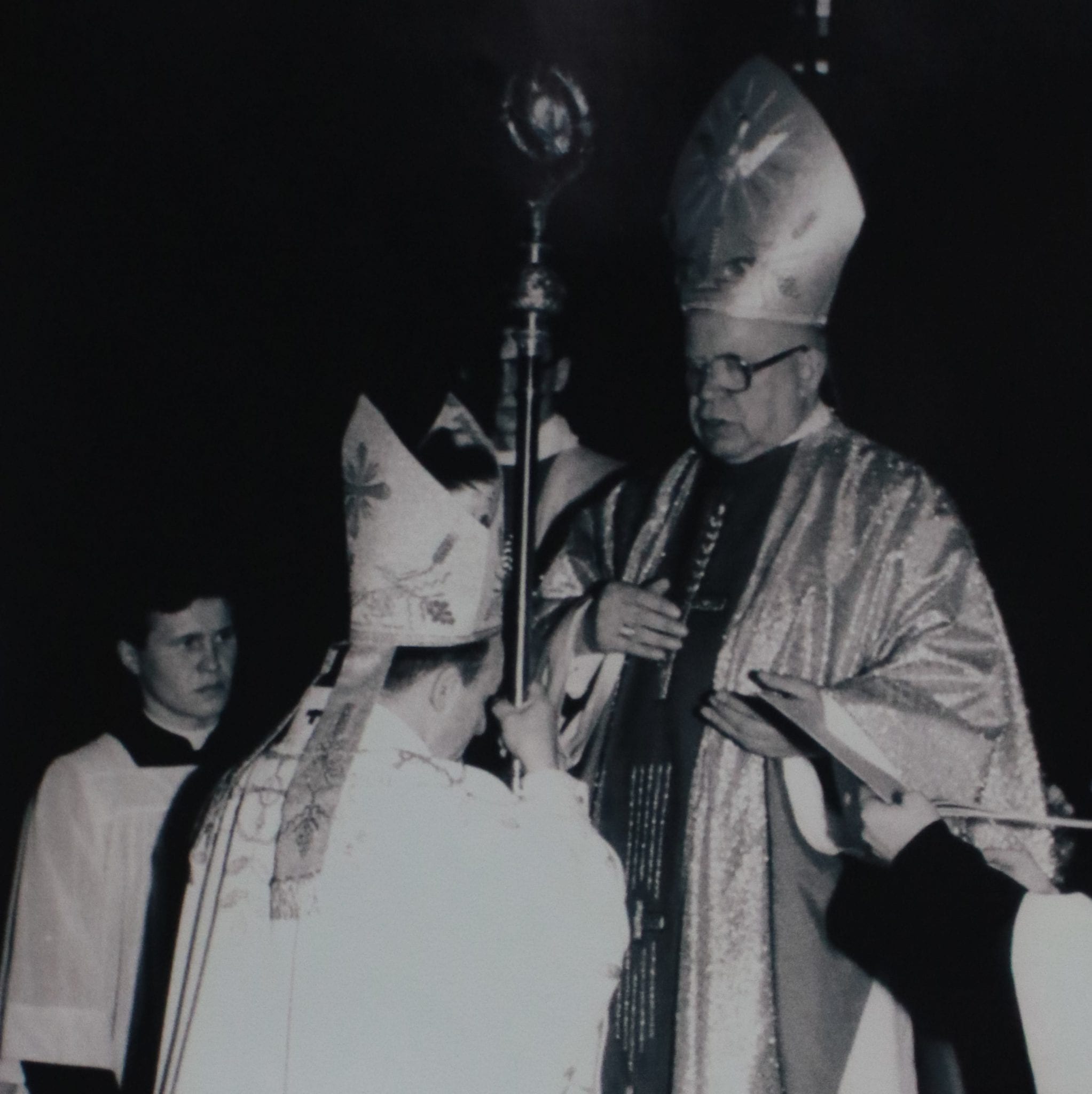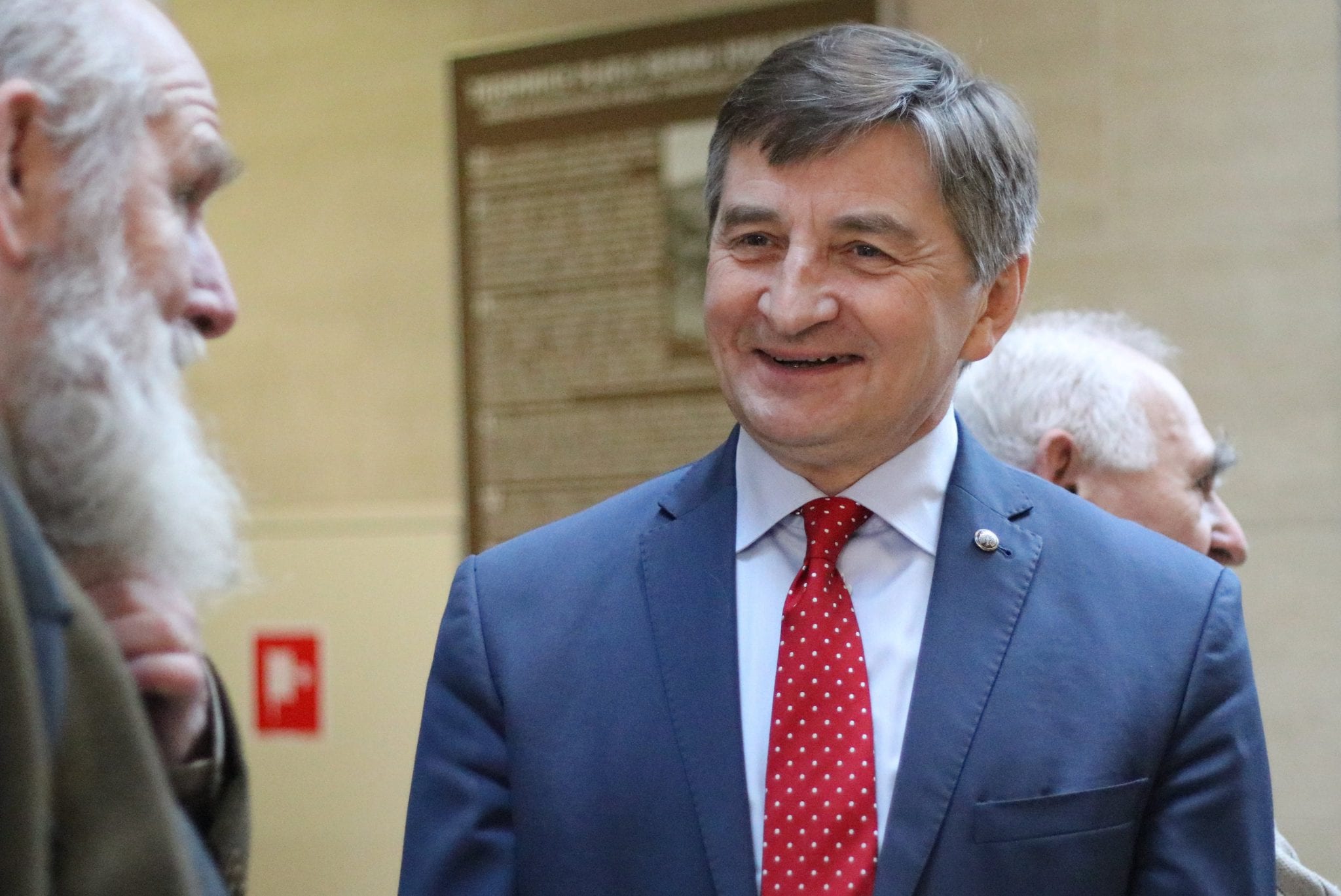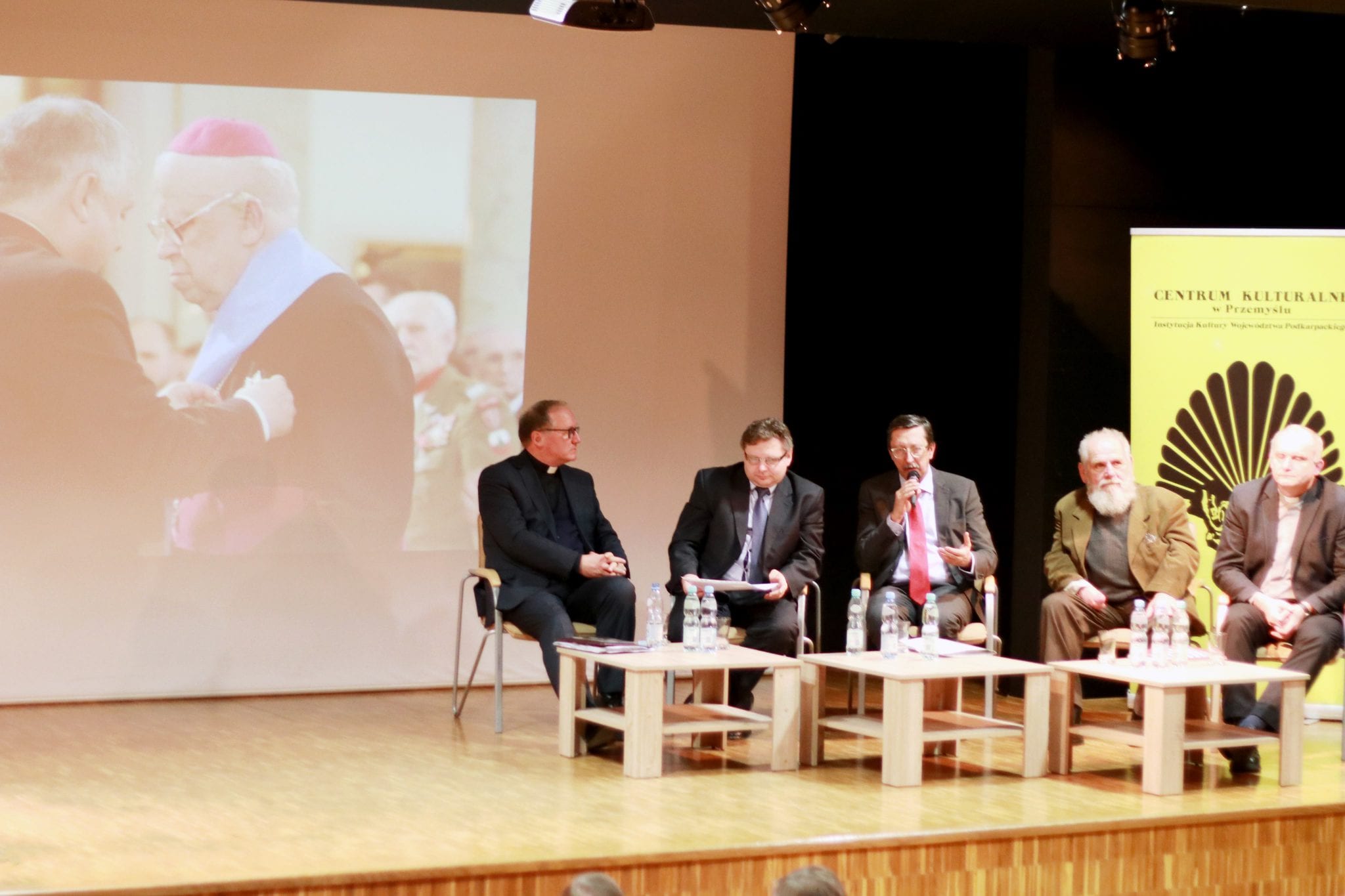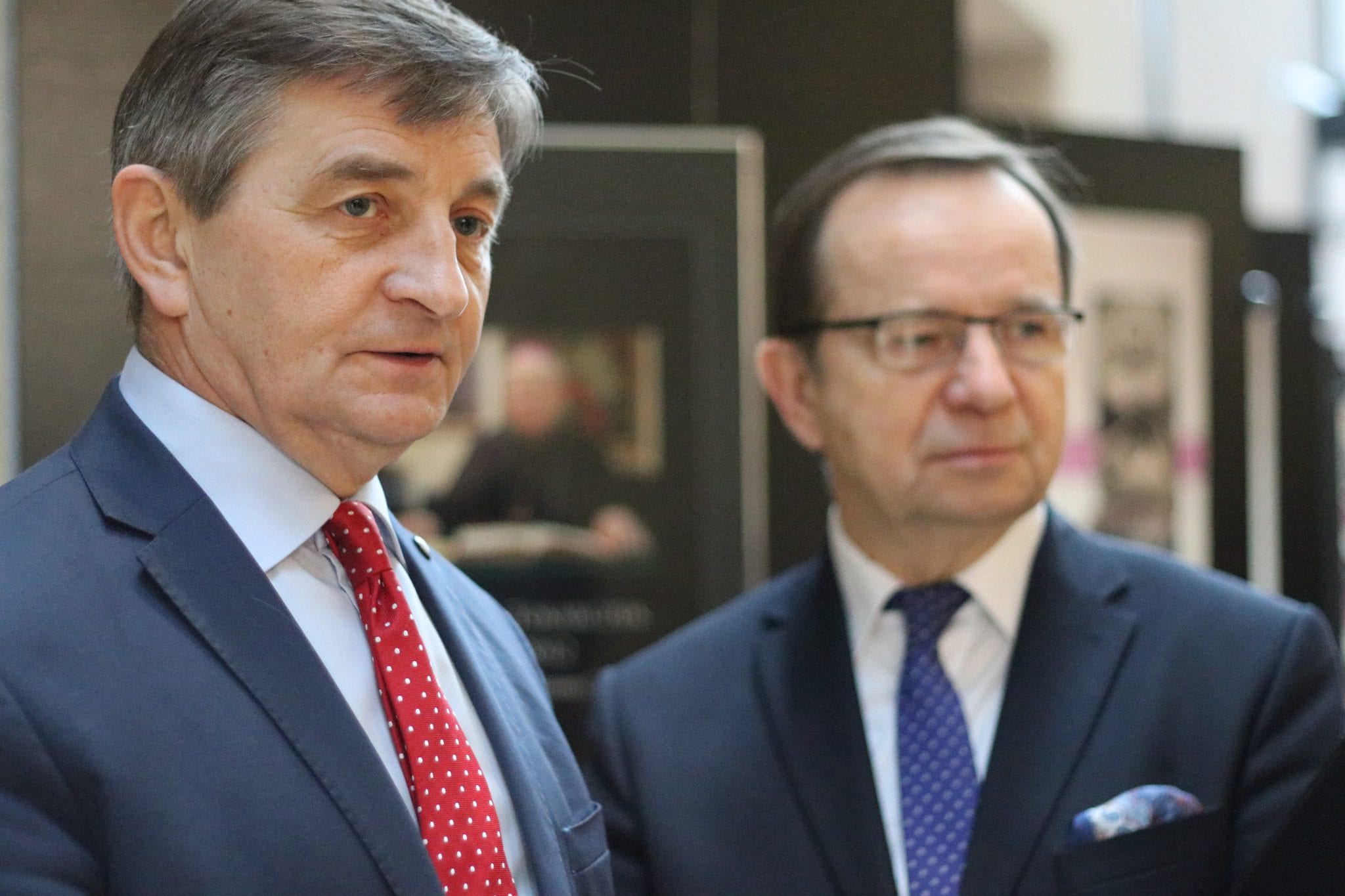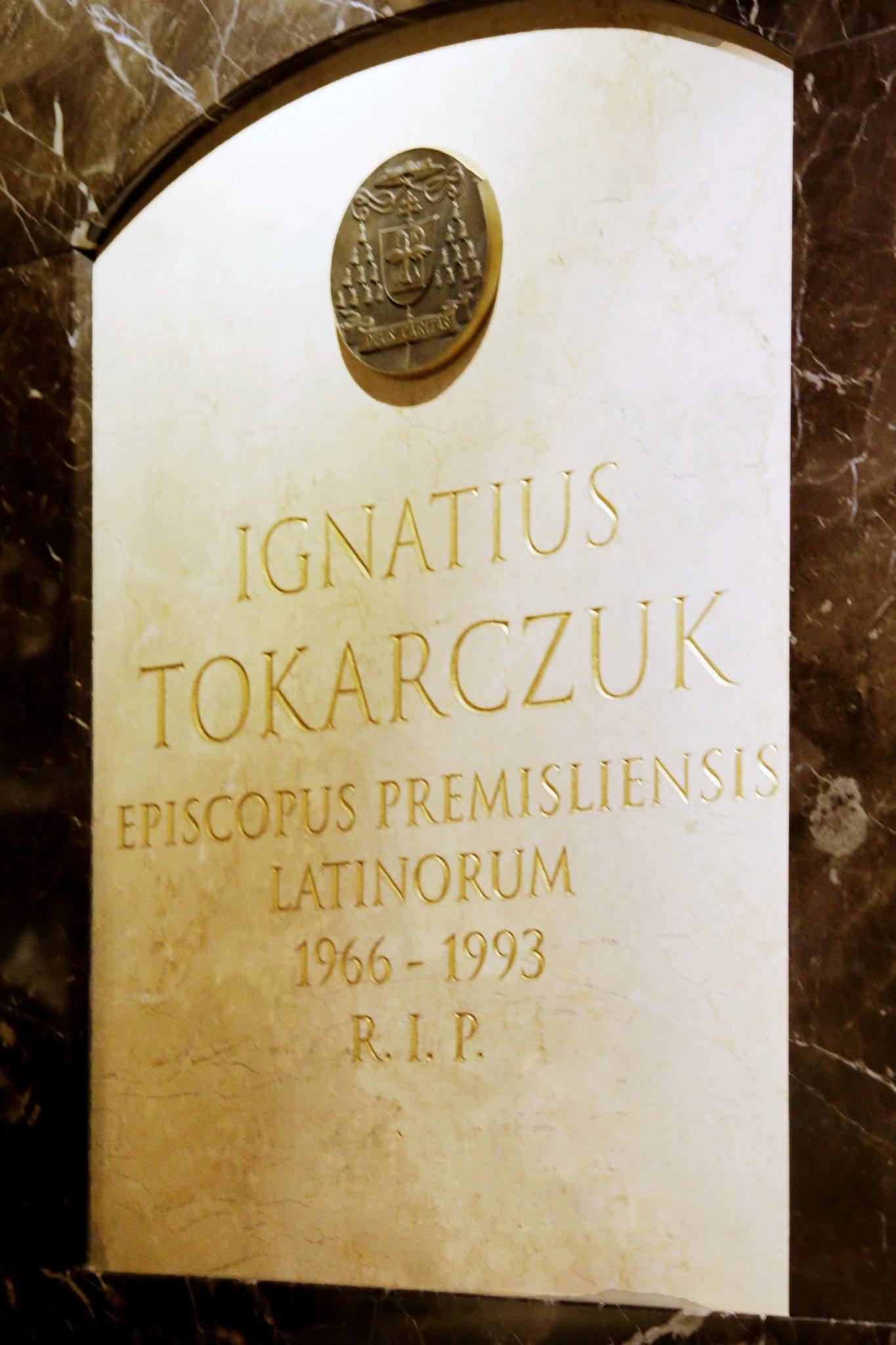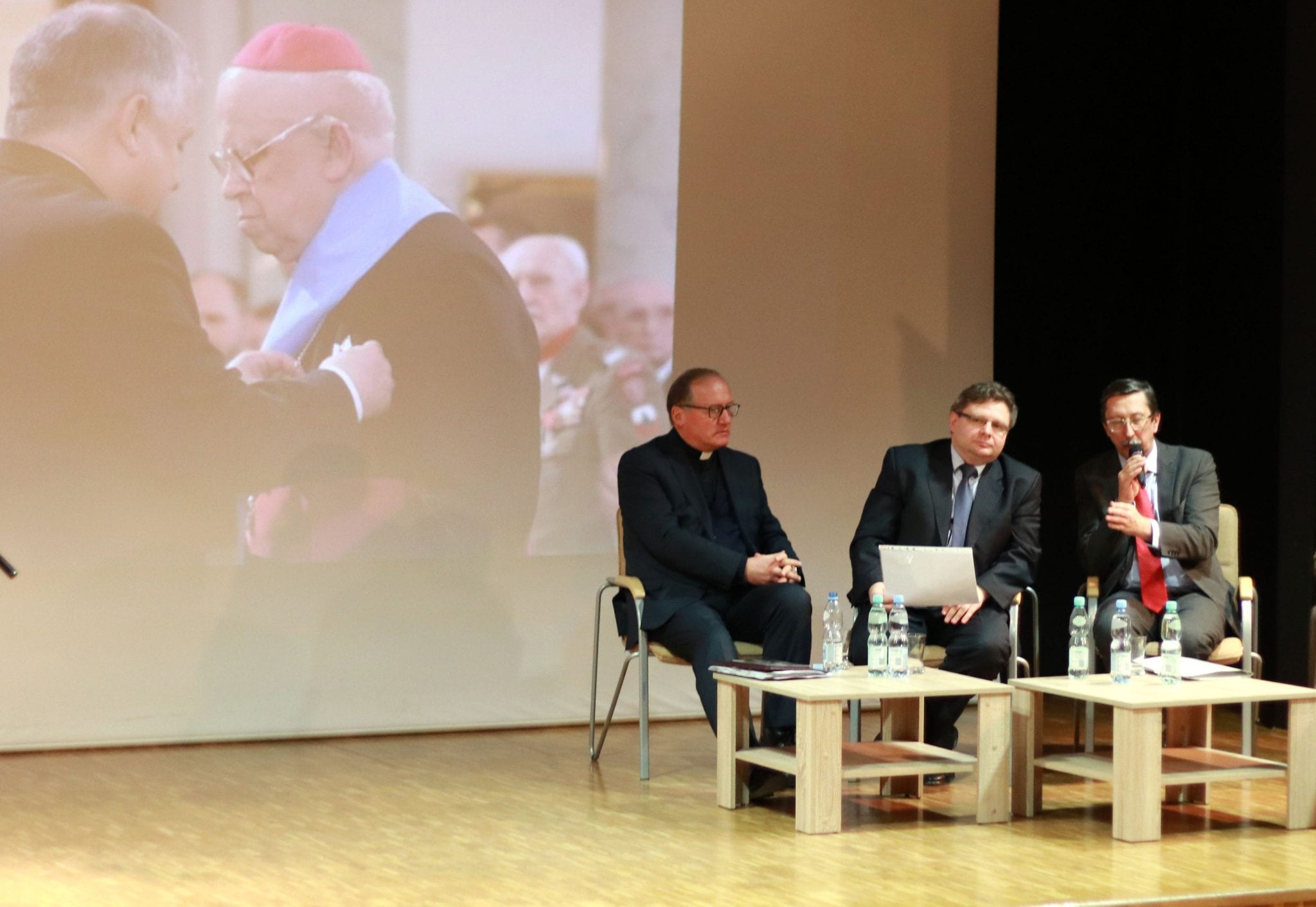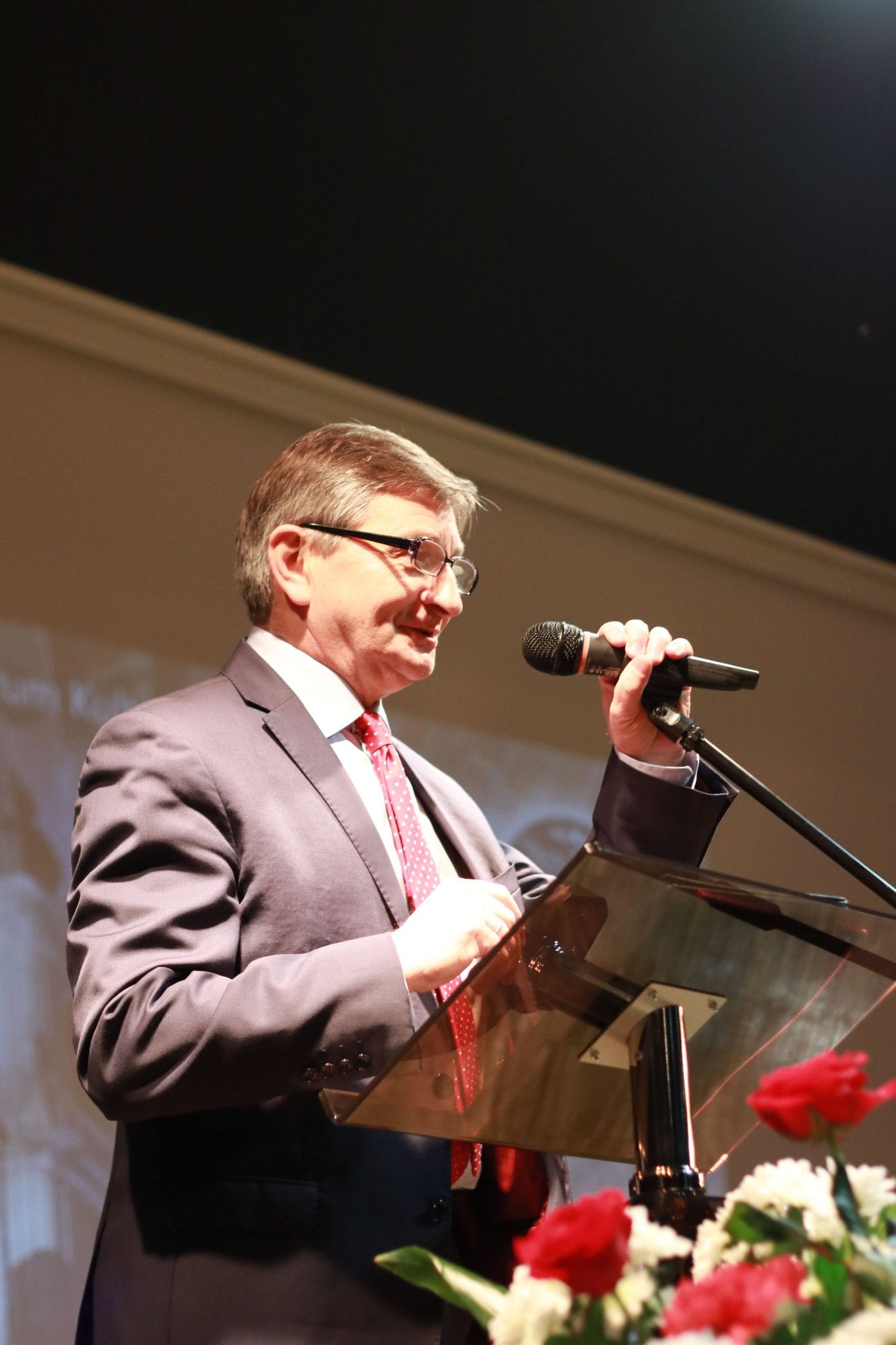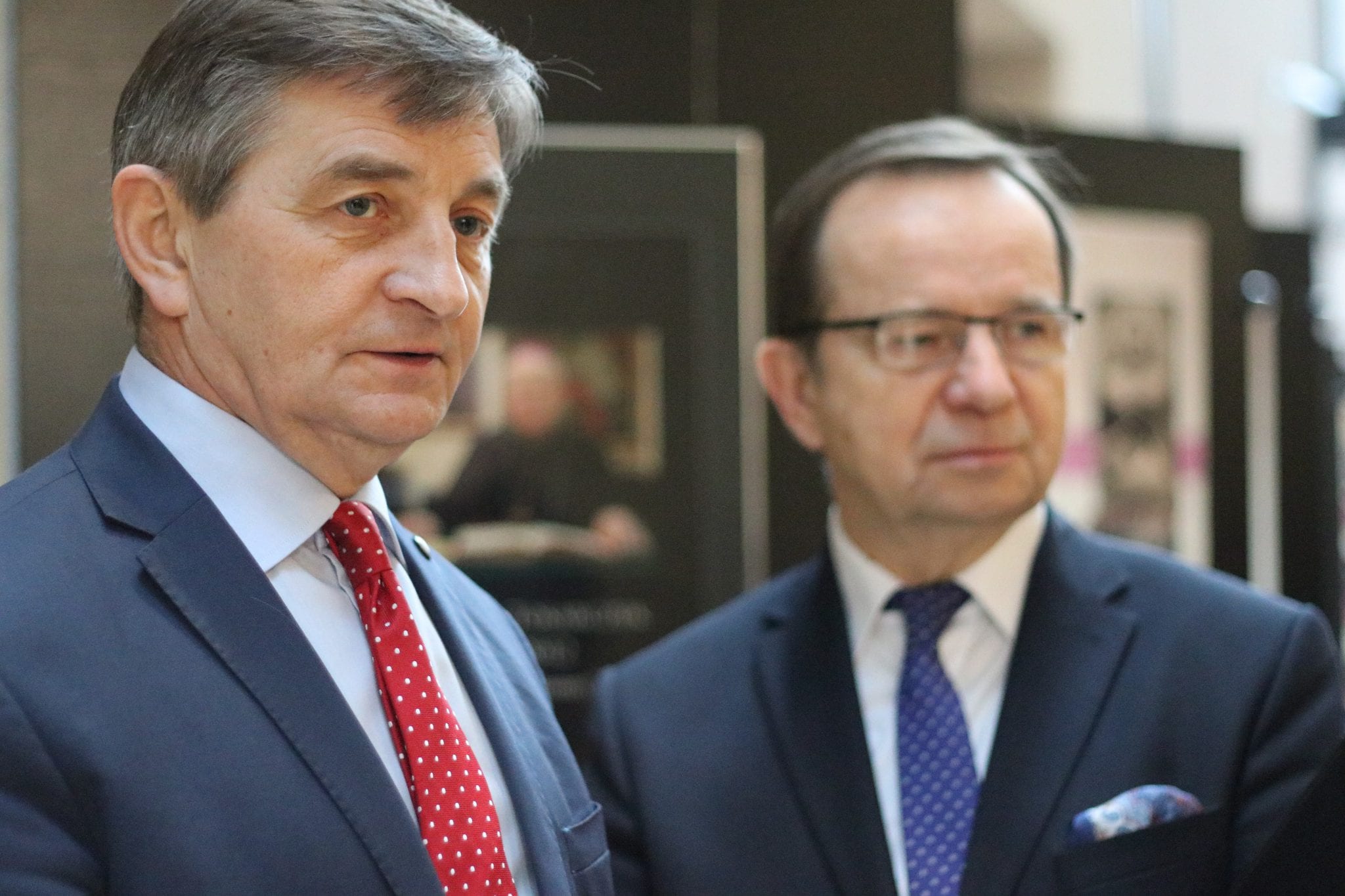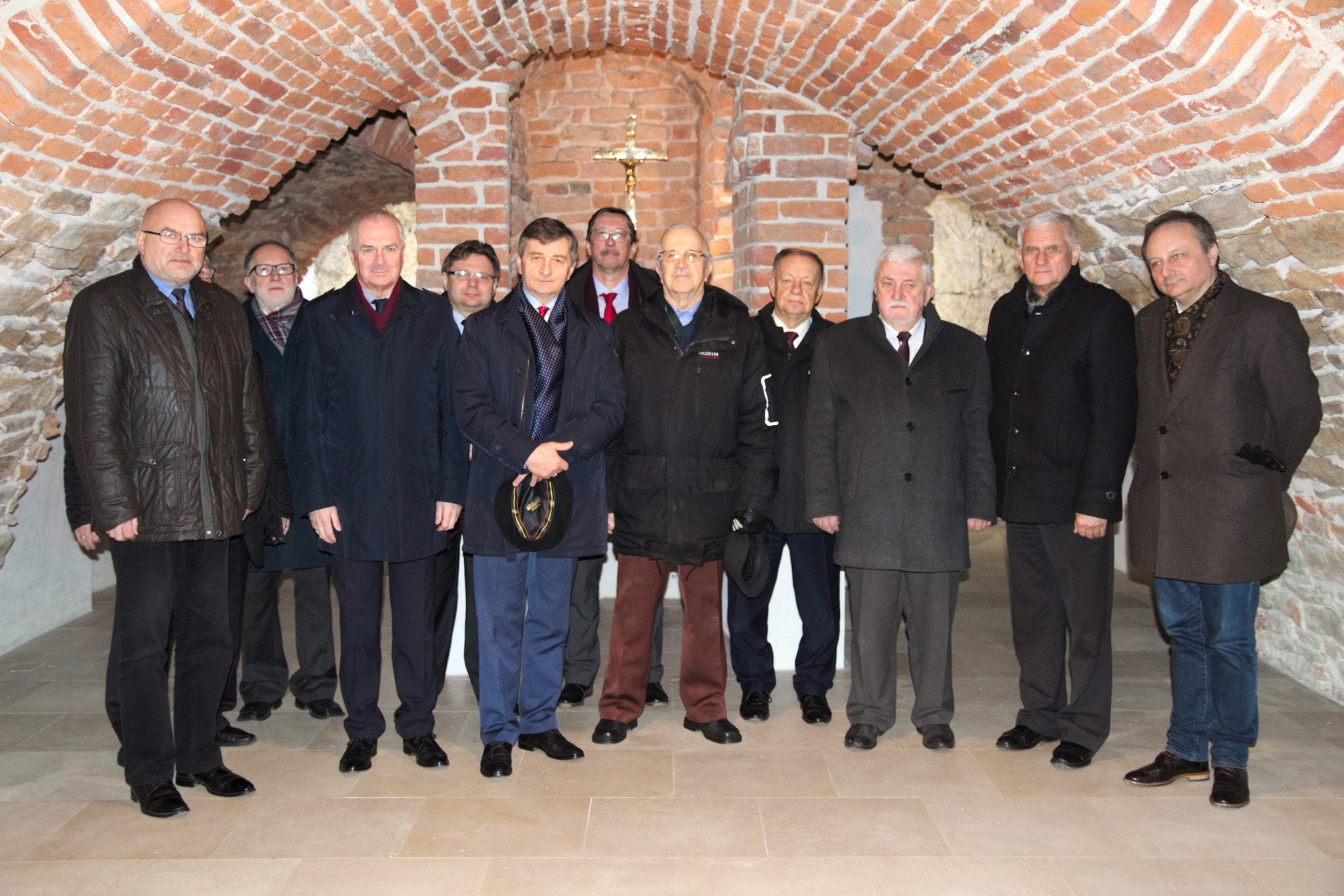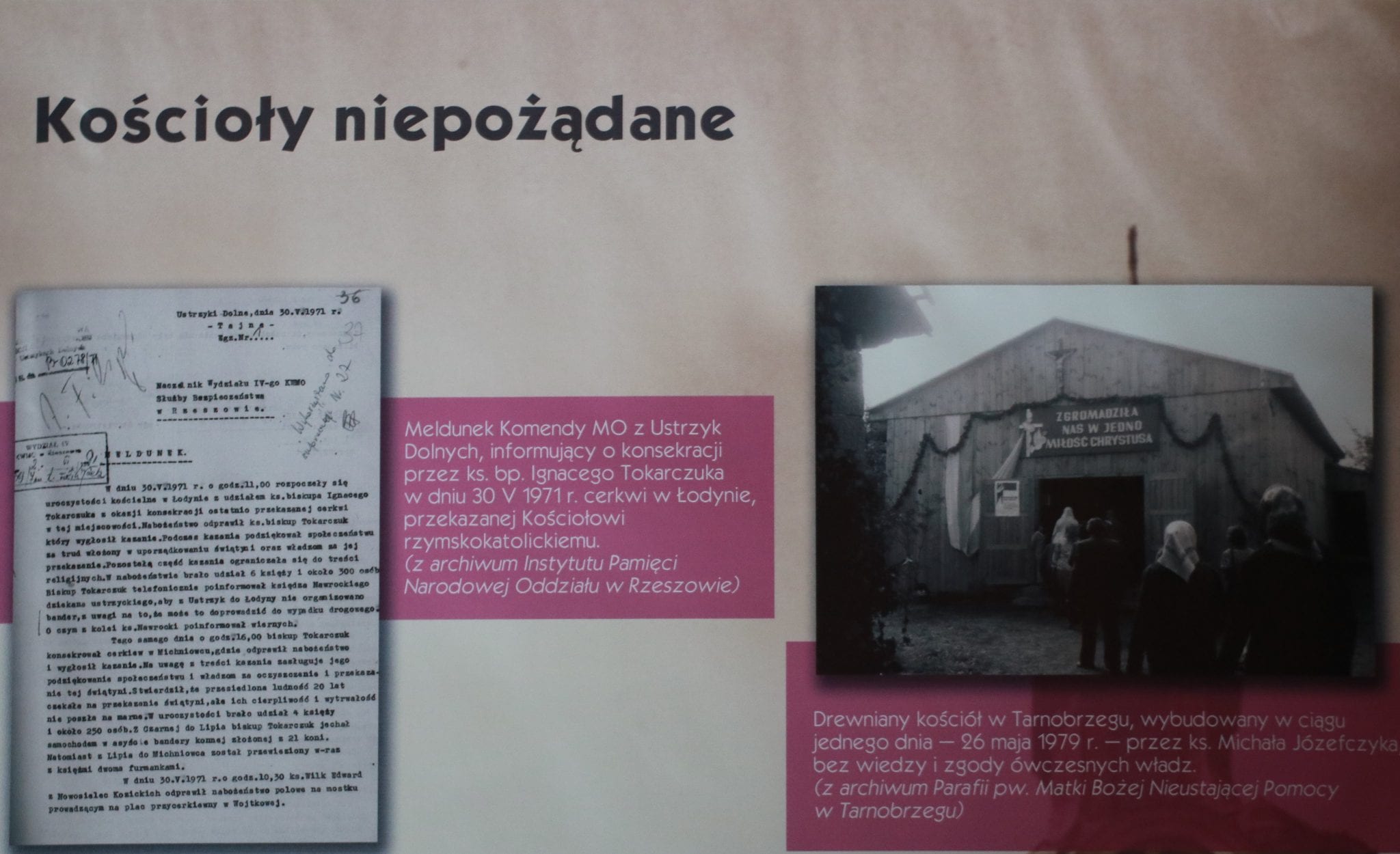On the occasion of the hundredth anniversary of the birth of Archbishop Ignacy Tokarczuk a conference dedicated to this great priest was held.
Archbishop Tokarczuk is counted among the greatest hierarchs of the Church, compared to Karol Wojtyla or Stefan Wyszyński. The sermons of the bishop of Przemyśl reflected the moods and events of the time. He was a priest who did not accept the communist ideology, and for him communism and compromise were mutually exclusive notions. The fate of the opposition was close enough to him to risk his own life.
On the day of the ingress, he emphasized that despite 25 years of abnormal times,
25 years of various forms of attacks on religion, on God, on the truths of faith, this
The people persevere despite everything (...). He spoke about the fact that today the priest is alone, he is vilified, sometimes he is spat upon, slandered, he cannot defend himself.
Tokarczuk was accused of inciting the public against the government, which was tantamount to condemning the socialist system. He did not incite. He spoke out loudly about the human right to a dignified life, to bread, to fight for one's rights, for the truth...
In the Podkarpacie region he initiated the "Village to City, City to Village" campaign. Its aim was primarily to help the families of the interned; to collect food, clothing...
Ignacy Tokarczuk allowed to organize Days of Christian Culture, during which for four years the artists of independent circles presented various forms from the borderline of sacrum and profanum. One of the co-organizers of the Christian Culture Days was the current Speaker of the Sejm Marek Kuchcinski, who took patronage over today's event.
Kuchciński, in his speech, reminded that the Sejm of the Republic of Poland unanimously passed a resolution to create 2018 as the Year of Archbishop Ignacy Tokarczuk (he handed the original to Jan Jarosz, director of the Przemysl Land Museum).
The Marshal spoke about his heroic attitude and the fact that he was a signpost for many in the difficult 1980s. His attitude proved that it was possible and even necessary to oppose tyranny. As he emphasized, Tokarczuk raised the importance of the community, which is the family, but also the family of families - the nation. - A Pole, and at the same time a Kresovian - in the best sense: pride in belonging to Polish culture and the nation, with a simultaneous attitude of full tolerance and openness towards other nations and religions. The ideologies of the 20th and 21st centuries still call us to bear witness: faith in God, respect for man, courage and fidelity to the work of our ancestors. Just as Archbishop Ignacy Tokarczuk did - said the Speaker of the Sejm.
The conference took place in the National Museum of Przemysl in Przemysl. The conference was organized by Centrum Kulturalne
in Przemyśl, in cooperation with the National Museum of the Przemysl Land and the Rzeszow Branch of the Institute of National Remembrance.
The conference brought together a group of prominent historians and intellectuals. Its proceedings were moderated by Rev. Prof. Józef Wołczański. He said that the remembrance of Archbishop Tokarczuk should not be afraid of pathos, because his person, today not fully understood or properly exposed, should be paid tribute to.
Each of the speakers presented a different aspect of Archbishop Tokarczuk's life. Prof. Jan Żaryn described his task in the work of the Main Council of the Polish Episcopal Conference, where Tokarczuk's steadfast stand against both the communist authorities and the policy of the Holy See towards them allowed Cardinals Stefan Wyszynski and Karol Wojtyla to preserve the sovereignty of the Polish Catholic Church.
Professor Bohdan Cywiński, making it clear that he is not speaking as a historian, but rather as a witness, one of the oppositionists who had the good fortune to meet Archbishop Tokarczuk, gave testimony of his many years of contact
with Tokarczuk. He showed at the same time how important for shaping the ethos of the oppositionists (also members of KOR), still young people were moral instructions on social issues, as well as kindness and material support given to many of them by Archbishop Tokarczuk.
In his speech entitled "Circle of shadows around the Bishop Ordinary of Przemyśl", Father Professor Dominik Zamiatała described the mechanisms by which the security apparatus worked and repressed this "dangerous enemy of the People's Republic of Poland". However, none of the forms of repression proved effective. The archbishop was supported by the society, so the authorities of those days, despite various forms of repression, attempts to slander and accusations, remained helpless.
The conference ended with the lecture of Rev. Prof. Wolczanski on the "Diaries" of Archbishop Tokarczuk. Rev. Prof. Wolczanski emphasized the poignant simplicity of their writing and named the main streams contained in them, showing the spiritual profile and the wealth of previously unknown reflections and contents gathered in 120 volumes - notebooks, written by the archbishop since 1975.


